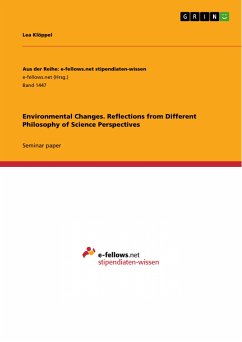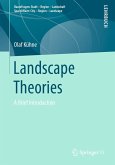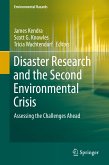Seminar paper from the year 2015 in the subject Geography / Earth Science - Physical Geography, Geomorphology, Environmental Studies, grade: A, Lund University (The Department of Human Geography and the Human Ecology Division, Faculty of Social Sciences), course: SIMM23 - Theory of Science for the Social Sciences, language: English, abstract: In mainstream Western discourses, phenomena of environmental change such as climate change, loss of biodiversity or degradation of soils are often linguistically equated with value-laden terms such as 'environmental problems', or subsumed under titles such as 'environmental crisis'. Whereas these phenomena are widely researched and discussed in terms of their nature, their causes, their severity and potential solutions, the underlying assumption of this research and these discussions, namely the assumption that these phenomena are actually problematic and need to be averted, seems rarely to be considered. However, given the amount of research dedicated to phenomena of environmental change, it is crucial to investigate this assumption. This paper will discuss how different philosophy of science perspectives would deal with the question in how far phenomena of environmental change (such as climate change, loss of biodiversity, degradation of soils) are actually problematic. The perspectives that will be adopted are positivism, critical realism, social constructivism and feminism. The paper will be structured along the spectrum between realism and relativism on which positivism, critical realism and social constructivism can be located rather clearly. However, since "[t]here is no single feminist standpoint", 'feminism' as such can not be unitarily placed on this spectrum. Therefore, the feminist perspective will not be discussed in a separate section like the other perspectives, but will be taken up wherever it can enrich another perspective in its approach to the question. To provide an understanding of feminism, feminism will be shortly outlined before getting into the discussion of the question.
Dieser Download kann aus rechtlichen Gründen nur mit Rechnungsadresse in A, B, BG, CY, CZ, D, DK, EW, E, FIN, F, GR, HR, H, IRL, I, LT, L, LR, M, NL, PL, P, R, S, SLO, SK ausgeliefert werden.









